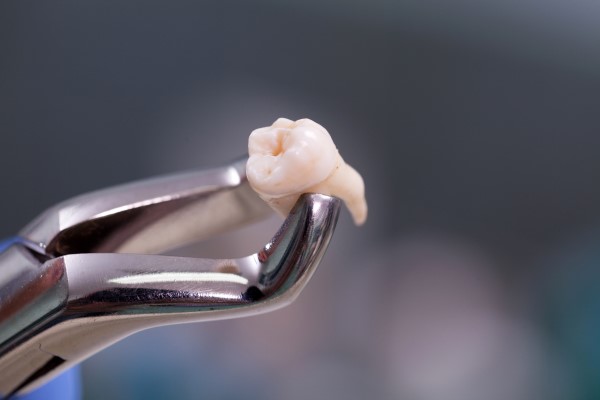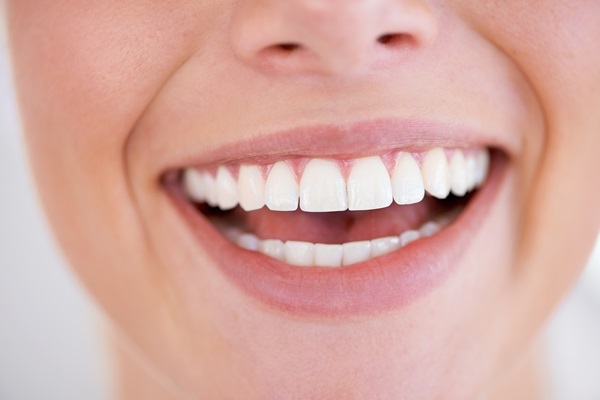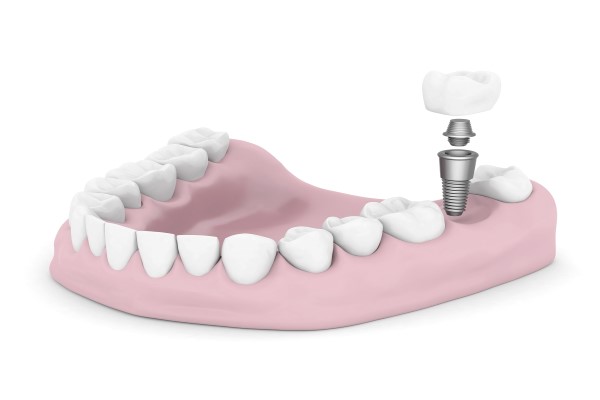Why You Should Rest after a Tooth Extraction
Undergoing a can be stressful. Dentists do everything they can to save natural teeth, but sometimes, removing the tooth is the way to restore oral health and prevent complications. After the procedure, the dentist will provide instructions regarding aftercare to ensure quick and proper healing.
The importance of rest after tooth extraction
After tooth extraction, patients do not exactly need to be bedridden, but what they want to avoid is overexerting the extraction area. It is important to take it easy, especially in the first 24 hours. This means avoiding any unnecessary bending and stooping and staying off exercises.
Whenever possible, the head should be held in an upright position, including when sleeping as this helps to aid quick recovery. The more intensive the procedure is, the longer the resting period should be. Resting gives the body a chance to heal properly, so patients must take advantage of that.
The dentist will send the patient home after tooth extraction with gauze to cover the surgery site. They will need to bite on the gauze and hold it in place until a clot form in the area for healing. The gauze will need to replaced every three to four hours until the bleeding stops.
Any strenuous activity or exercise might break the clot and open the wound again. Although exercising is good for the body and the health, it is necessary to take a break from that routine during the healing process. Resuming exercising prematurely can increase pain and bleeding. It may have a reverse consequence and disrupt healing. It may cause dry sock, a condition in which the blood clot dislodges, exposing the nerves and bone to bacteria and food particles, causing an infection.
Begin slowly
After a full day of rest, patients can resume with low impact activities. Stretching, yoga or lifting light weights are good ways to start. If pressure or pain occurs, it is advisable to stop quickly. Pain is the body’s way of showing that healing is not complete yet. Avoid pushing too hard. After about five days, patients can lift heavier weights, but they must avoid clenching their teeth.
Tips for a Quick Recovery
After the blood clot has formed, the following simple precautions can help keep it intact and prevent other issues during the healing process:
- Rinse the mouth with saline solutions or a pinch of salt in warm water to eliminate bacteria
- Brush and floss regularly to keep the mouth clean, but avoid cleaning close to the extraction point
- Stick to a diet of soft, healthy foods and snacks that do not need serious chewing. substitute hard and crunchy foods with soft foods like soups, mashed potatoes and yogurts
In conclusion
After about two weeks, patients need usually need to revisit the dentist for a checkup. At the appointment, they will check the tooth extraction area to ensure healing is progressing correctly. Healing is different for each patient, so be sure to follow the recommendations of the dental professional. Rest adequately and treat the mouth gently.
Request an appointment here: https://www.kevinjdailydds.com or call Kevin J Daily DDS at (831) 580-1141 for an appointment in our Santa Cruz office.
Check out what others are saying about our dental services on Yelp: .
Recent Posts
Understanding that tooth extraction is the last option for removing one or more permanent teeth is important. Teeth are meant to last a lifetime and thus need to be saved whenever possible. In addition, wisdom teeth often require extraction to support a healthy mouth.The only way to know if a tooth extraction is necessary is…
When describing the exciting highlights of your day, a tooth extraction will probably not come close to the top of the list. Having a tooth extracted is never a pleasurable experience, but the procedure is essential because of its impact on your oral health and the appearance of your smile.If you have a tooth extraction…
Sometimes teeth extraction is the best solution for some conditions. The situation could be any of the following: Severe tooth damage Wisdom Teeth Issues Shifting or misaligned teeth Ankylosed teeth (milk teeth not falling out) Jaw Issues Underlying issues such as tumor or cystIf you have been booked for teeth extraction, knowing what to expect…
Tooth extractions are sometimes necessary and a tooth sustains damage that hinders the functionality of the tooth. While it is true that adult teeth are designed to be permanent, there are a number of conditions that can lead to the need for tooth extractions. These include: Severe damage An intense infection Overcrowding Disease Not enough…


